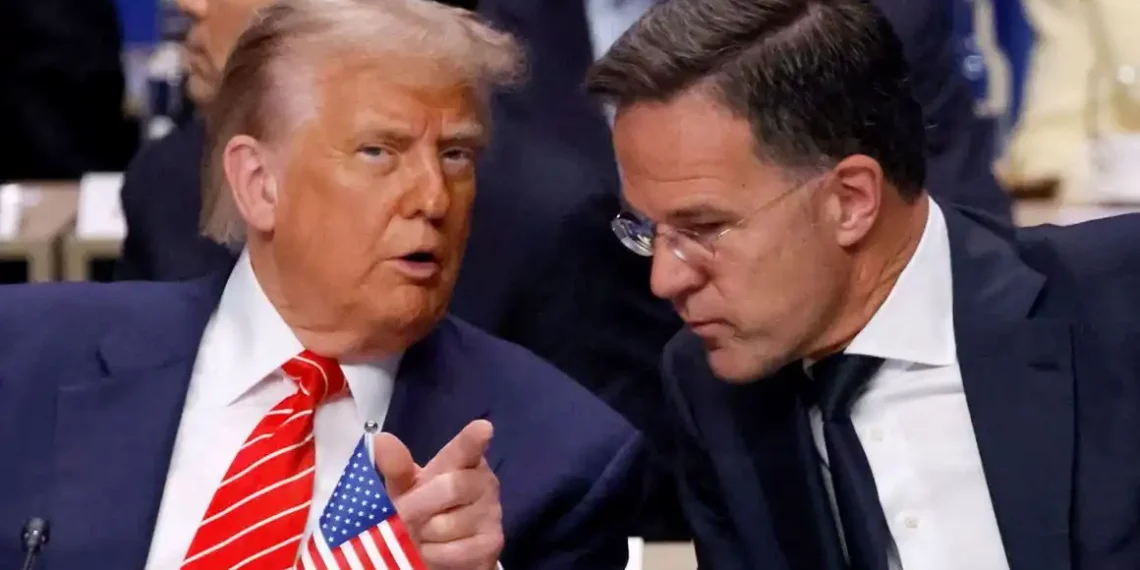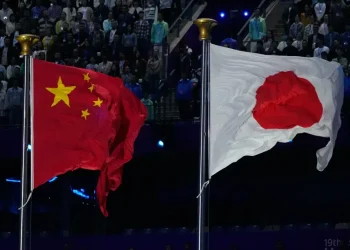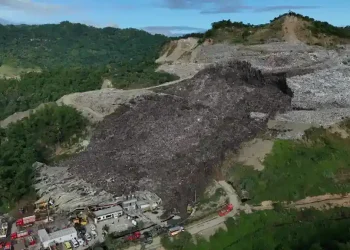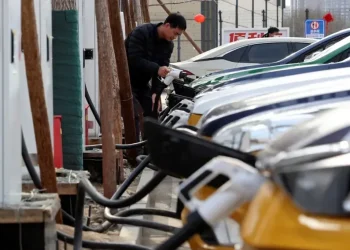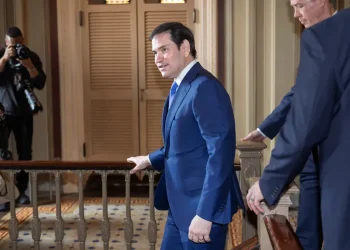Inside NATO’s Unlikely Charm Offensive That Won Over Trump—and Delivered Big
As world leaders gathered in The Hague for a pivotal NATO summit, few expected the most surprising moment would come from a single social media post.
On the eve of the event, Donald Trump’s Truth Social lit up with a gushing message, purportedly from NATO’s new Secretary-General Mark Rutte. The post, full of praise and Trump-style bravado, declared:
“You will achieve something NO American president in decades could get done.”
It read like a fan letter, not a diplomatic message—and it raised more than a few eyebrows. But behind the flattery was a calculated strategy that, as the summit unfolded, proved far more effective than many predicted.
Flattery, Strategy, and a Carefully Orchestrated Summit
Mark Rutte, the former Dutch prime minister and newly minted NATO Secretary-General, knows Trump well. During Trump’s first term, Rutte had already established himself as a smooth operator in Washington, using charm, casual wit, and just enough ego-stroking to stay on the former president’s good side.
But this time, Rutte went all in. Publicly praising Trump’s Iran strategy, softening awkward moments (like Trump’s explosive outbursts over Iran and Israel), and even offering a lighthearted “Daddy sometimes uses strong language” joke, Rutte seemed to play the role of diplomatic wingman.
Critics scoffed. Supporters called it savvy. But what’s clear is this: the summit was shaped around Trump, and Rutte helped keep the wheels on.
Even the summit schedule itself was scaled down—just one main session for leaders, reportedly tailored to fit Trump’s preferences. In a throwback to the transactional diplomacy that defined Trump’s earlier NATO appearances, the entire event was built to flatter, not frustrate.
The Results: Trump Gets Credit, NATO Gets Results
The big takeaway from the summit? NATO leaders unanimously agreed to a historic pledge: spend 5% of GDP on defense by 2035, a staggering increase from the long-elusive 2% goal. It’s a win Trump had floated back in January—and now, it’s policy.
“This is the success of President Donald Trump,” Polish President Andrzej Duda declared at the summit. Lithuanian officials echoed the sentiment, even joking that NATO’s new motto could be “Make NATO Great Again.”
Not everyone was thrilled. Spain hesitated on the language, potentially leaving room to meet its commitments without fully embracing the 5% target. Trump, unsurprisingly, called them out.
“It’s terrible what they’ve done,” he said, threatening trade penalties. “We’re going to make them pay twice as much.”
Still, the summit largely avoided the kind of diplomatic spats that have plagued past gatherings. Even Ukraine’s President Volodymyr Zelensky, whose relationship with Trump has been historically rocky, came away with a nod toward future U.S. support and a rare Trump rebuke of Vladimir Putin.
What Changed? Trump’s Tone—and NATO’s Tactics
Perhaps the most unexpected twist was Trump himself. Known for questioning NATO’s value, he offered a surprisingly positive assessment.
“These people really love their countries,” Trump said of the alliance. “It’s not a rip-off.”
“I came here because it was something I’m supposed to be doing,” he added. “But I left here a little bit different.”
While some leaders quietly admitted Rutte’s sycophantic tone made them cringe, they also acknowledged it worked. Diplomacy, as one put it, “has many forms.”
In the End, Everybody Wins—Sort Of
The Hague summit will be remembered as a strange but effective chapter in NATO diplomacy. Rutte’s charm offensive helped avoid drama, deliver on spending goals, and hand Trump a headline-grabbing win.
And for all the awkward jokes and ego-massaging, NATO left the summit stronger, better funded, and—for now—unified in its mission. Whether that unity lasts is another question. But at least for one high-stakes week, the alliance held.
This article was rewritten by JournosNews.com based on verified reporting from trusted sources. The content has been independently reviewed, fact-checked, and edited for accuracy, neutrality, tone, and global readability in accordance with Google News and AdSense standards.
All opinions, quotes, or statements from contributors, experts, or sourced organizations do not necessarily reflect the views of JournosNews.com. JournosNews.com maintains full editorial independence from any external funders, sponsors, or organizations.
Stay informed with JournosNews.com — your trusted source for verified global reporting and in-depth analysis. Follow us on Google News, BlueSky, and X for real-time updates.
